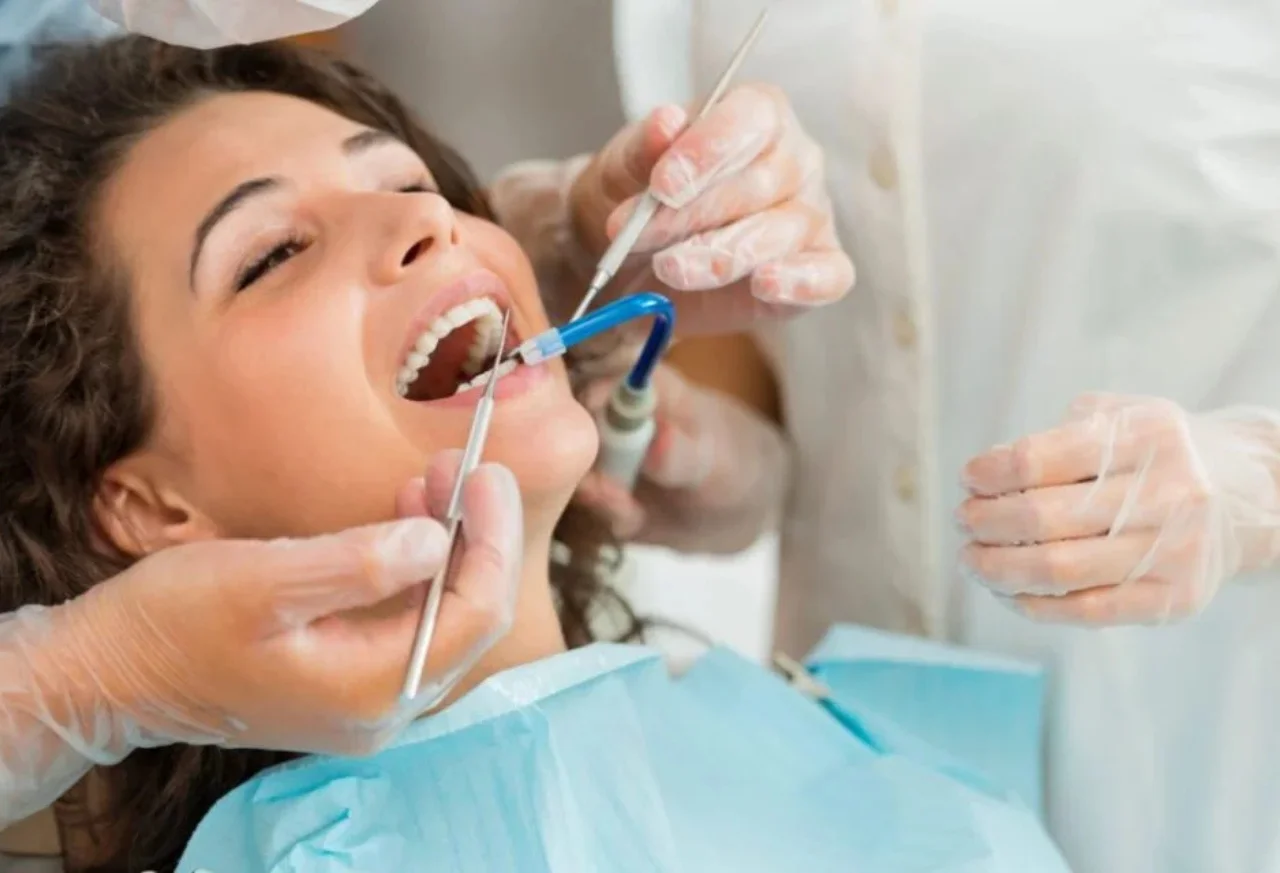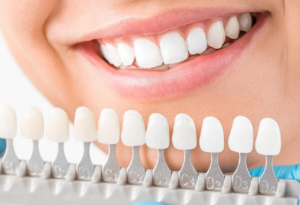Wisdom teeth removal is a common dental procedure that many individuals face during their late teens or early twenties. While the removal itself is often routine, the recovery period can pose challenges for some. In this ultimate survival guide, we will delve into the essential tips and information to ensure a smooth and comfortable recovery after wisdom teeth removal.
Understanding the Basics
Before delving into the recovery process, it’s crucial to understand why wisdom teeth are often recommended for extraction. Wisdom teeth, also known as third molars, typically emerge in the late teens or early twenties. Due to limited space in the mouth, these teeth can become impacted or cause misalignment issues, leading to pain, infection, or damage to adjacent teeth. Wisdom teeth removal is a preventive measure to avoid these potential complications.
Preparing for the Procedure
The first step in ensuring a successful recovery is adequate preparation before the surgery. Your oral surgeon or dentist will provide pre-operative instructions, which may include fasting before the procedure, arranging transportation for the day of surgery, and understanding any medications or guidelines.
It’s essential to have a thorough discussion with your oral surgeon about your medical history, any medications you are currently taking, and any concerns or questions you may have. Clear communication with your healthcare provider sets the stage for a smoother recovery.
Post-Operative Care and Immediate Recovery
Following the removal of wisdom teeth, the initial recovery period is crucial for minimizing discomfort and avoiding complications. Here are key tips for the first few days:
1. Follow Instructions:
Adhere strictly to the post-operative care instructions provided by your oral surgeon. This may include guidelines on eating, drinking, and taking prescribed medications.
2. Manage Pain and Swelling:
It’s normal to experience some pain and swelling after the procedure. Applying an ice pack to the affected area for the first 24 hours can help reduce swelling, while prescribed or over-the-counter pain medications can manage discomfort.
3. Rest and Relaxation:
Plan to take it easy for the first few days after surgery. Avoid strenuous activities and give your body the time it needs to heal.
4. Proper Oral Hygiene:
Maintain good oral hygiene by gently rinsing your mouth with a prescribed or recommended mouthwash and avoiding vigorous brushing near the surgical site.
Dietary Considerations
Choosing the right foods during the recovery period is crucial for both comfort and healing. Stick to a soft and cool diet for the first few days, including:
1. Soups and Broths:
Opt for nutritious, easy-to-consume soups and broths.
2. Smoothies and Yogurt:
These provide essential nutrients without requiring extensive chewing.
3. Puddings and Jell-O:
These are soft and gentle on the healing surgical sites.
4. Avoid Hard and Crunchy Foods:
Steer clear of nuts, chips, and other hard-to-chew items to prevent irritation.
Long-Term Recovery
While the initial days post-surgery are critical, the entire recovery process extends over several weeks. Here’s how to ensure a successful long-term recovery:
1. Gradual Resumption of Normal Activities:
Slowly reintroduce regular activities, including exercise, as your body permits. Consult with your oral surgeon if you have specific concerns.
2. Regular Follow-Up Appointments:
Attend scheduled follow-up appointments to monitor the healing process and address any concerns promptly.
3. Oral Hygiene Maintenance:
Continue practicing good oral hygiene, including gentle brushing and flossing, while avoiding the surgical sites until given the green light by your oral surgeon.
4. Healthy Lifestyle Choices:
A well-balanced diet, sufficient hydration, and overall good health contribute to optimal recovery. Avoid tobacco and limit alcohol intake, as these can impede the healing process.
Potential Complications and When to Seek Help
While most individuals recover without complications, it’s essential to be aware of potential issues that may arise, such as excessive bleeding, severe pain, or signs of infection. If you experience any of these symptoms or have concerns during your recovery, contact your oral surgeon promptly.
In conclusion, the ultimate survival guide for wisdom teeth removal recovery emphasizes preparation, immediate post-operative care, dietary considerations, and long-term recovery strategies. By following these guidelines and maintaining open communication with your oral surgeon, you can navigate the recovery process with confidence, ensuring a smoother and more comfortable experience.




